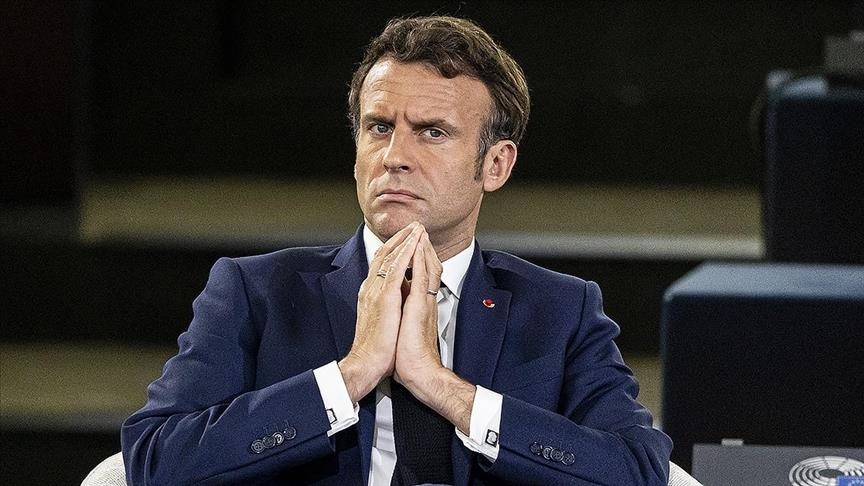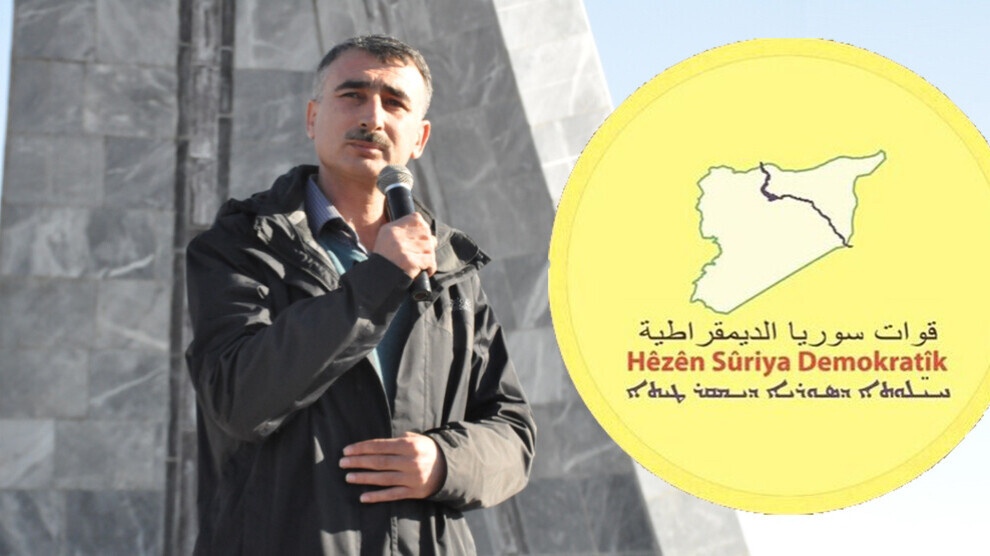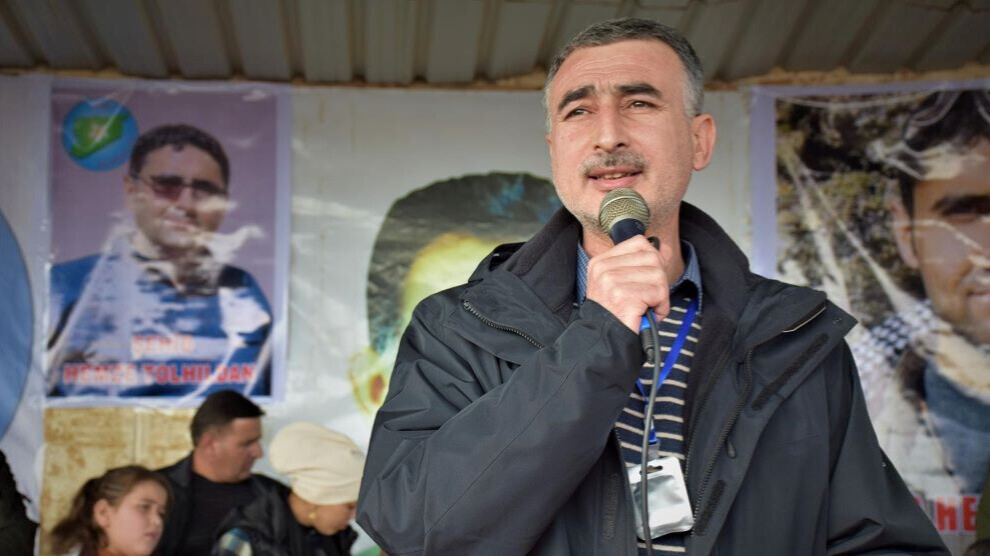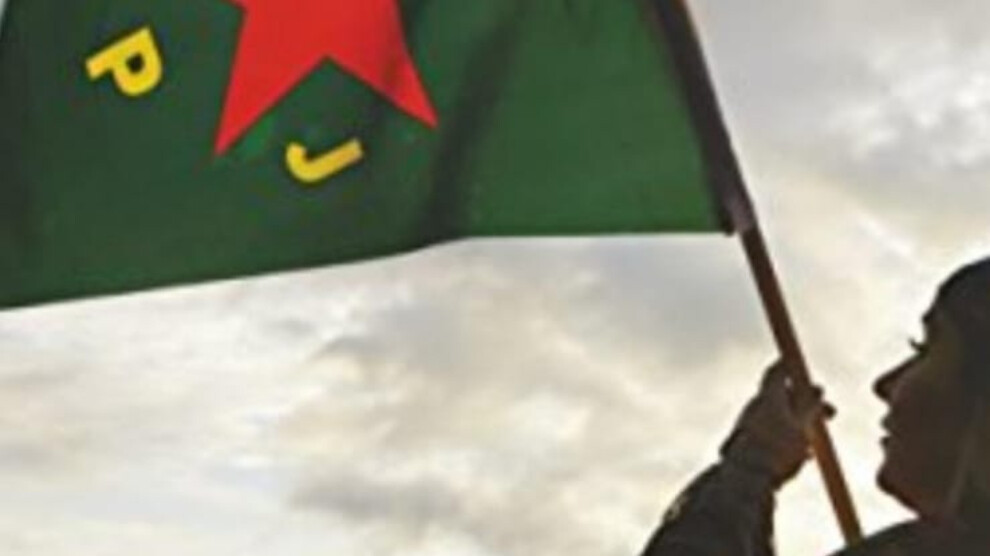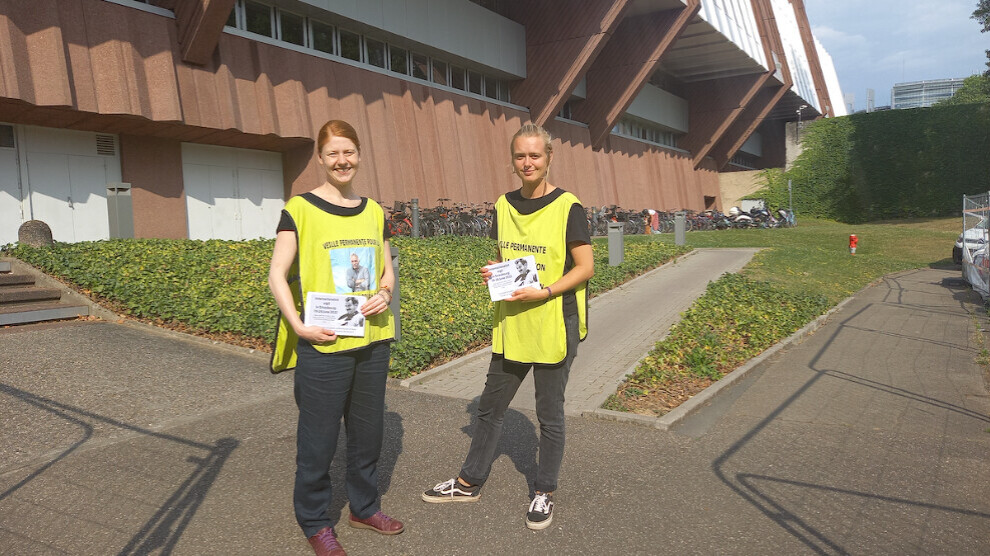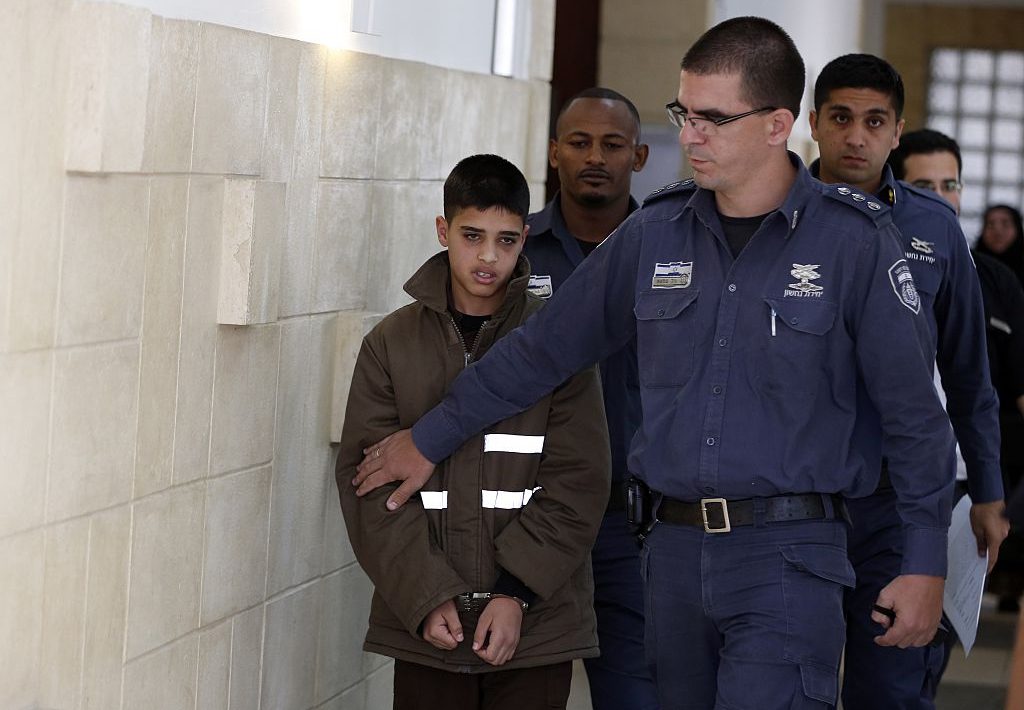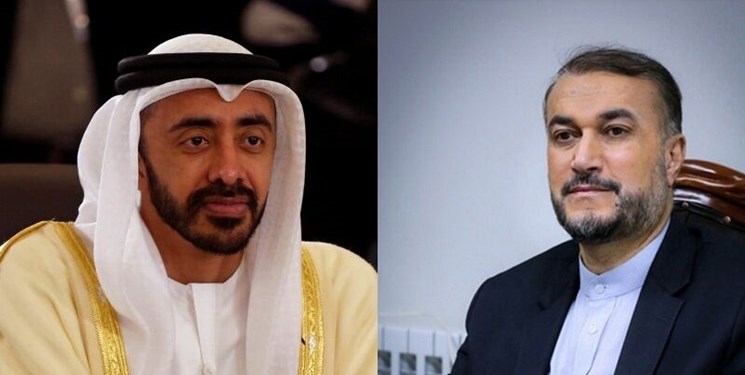New Delhi [India], June 20 (ANI): Afghanistan’s Ambassador to India, Farid Mamundzay, on Monday condemned Islamic State Khorasan Province (ISKP) attack on Karte Parwan Gurdwara in Kabul and said that the attack is against the entire civilized population of Afghanistan.
“This attack was not just on a Sikh Gurdwara but the entire civilized population of Afghanistan. Sadly, this isn’t the first incident in the last few months. We condemn this violent and heinous attack,” said Mamundzay.
He also asserted that Sikhs have been living in the country for centuries and it is their country and said that preparations are being made by the Indian government to bring those who are willing to come to India.
“Sikhs have been living in Afghanistan for centuries. It’s their country. We are in touch with several leaders & preparations are being made by the Indian government to bring those who are willing to come here,” said Mamundzay.
He was in New Delhi to attend the last rites of Sawinder Singh, who was killed in the attack.
Union Minister Hardeep Singh Puri handed Prime Minister Narendra Modi’s letter to members of the Afghan Sikh community living in India as he participated in the last rites for Sawinder Singh, a Sikh man who was killed after Islamic State – Khorasan Province (ISKP) attacked Karte Parwan Gurdwara in Afghanistan’s Kabul city, and offered his deepest condolences to the family and Afghan Community living in India.
Meanwhile, the Ministry of Home Affairs (MHA) has granted e-visas to over 100 Sikhs and Hindus in Afghanistan on priority, said government sources on Sunday.
On Saturday, (ISKP) attacked Karte Parwan Gurdwara in Kabul. According to ISKP, ‘Abu Mohammed al Tajiki’ carried out the attack which lasted for three hours.
The group claimed that besides submachine guns and hand grenades, four IEDs and a car bomb were also used in the attack.
It further claimed that about 50 Hindu Sikhs and Taliban members were killed in the attack and the attack was conducted as revenge for the insult of Prophet Mohammed by an Indian politician.
However, in the attack, only two people were killed and seven others were wounded.
At least one member of the Taliban forces and a Hindu was killed in the incident, said Abdul Nafay Takor, a spokesman for the Ministry of Interior Affairs, adding that seven people were wounded, reported Tolo News.
The holy Guru Granth Sahib from Gurudwara in Afghanistan’s capital city Kabul was retrieved from the complex, from which plumes of smoke were seen billowing out after the attack early this morning, according to visuals posted on social media.
Visuals posted by locals on social media show a barefoot man carrying the Guru Granth Sahib on his head. The visuals show two or three more people, all walking without footwear accompanying him.
According to Sikh religious belief, the Saroop, a physical copy of the Guru Granth Sahib is considered a living guru. The transportation of Guru Granth Sahib is governed by a strict code of conduct and as a mark of respect, the Guru Granth Sahib is carried on the head, and the person walks barefoot.
According to reports, the Holy Book was taken to the residence of Gurnam Singh, president, of Gurdwara Karte Parwan.
Religious minorities in Afghanistan, including the Sikh community, have been targets of violence in Afghanistan post the Taliban came to power last August.
In October, last year 15 to 20 terrorists entered a Gurdwara in the Karta-e-Parwan District of Kabul and tied up the guards.
In March 2020, a deadly attack took place at Sri Guru Har Rai Sahib Gurudwara in Kabul’s Short Bazaar area in which 27 Sikhs were killed and several were injured. Islamic State terrorists claimed responsibility for the attack. (ANI)
This report is auto-generated from ANI news service. ThePrint holds no responsibility for its content.
Source: The Print

